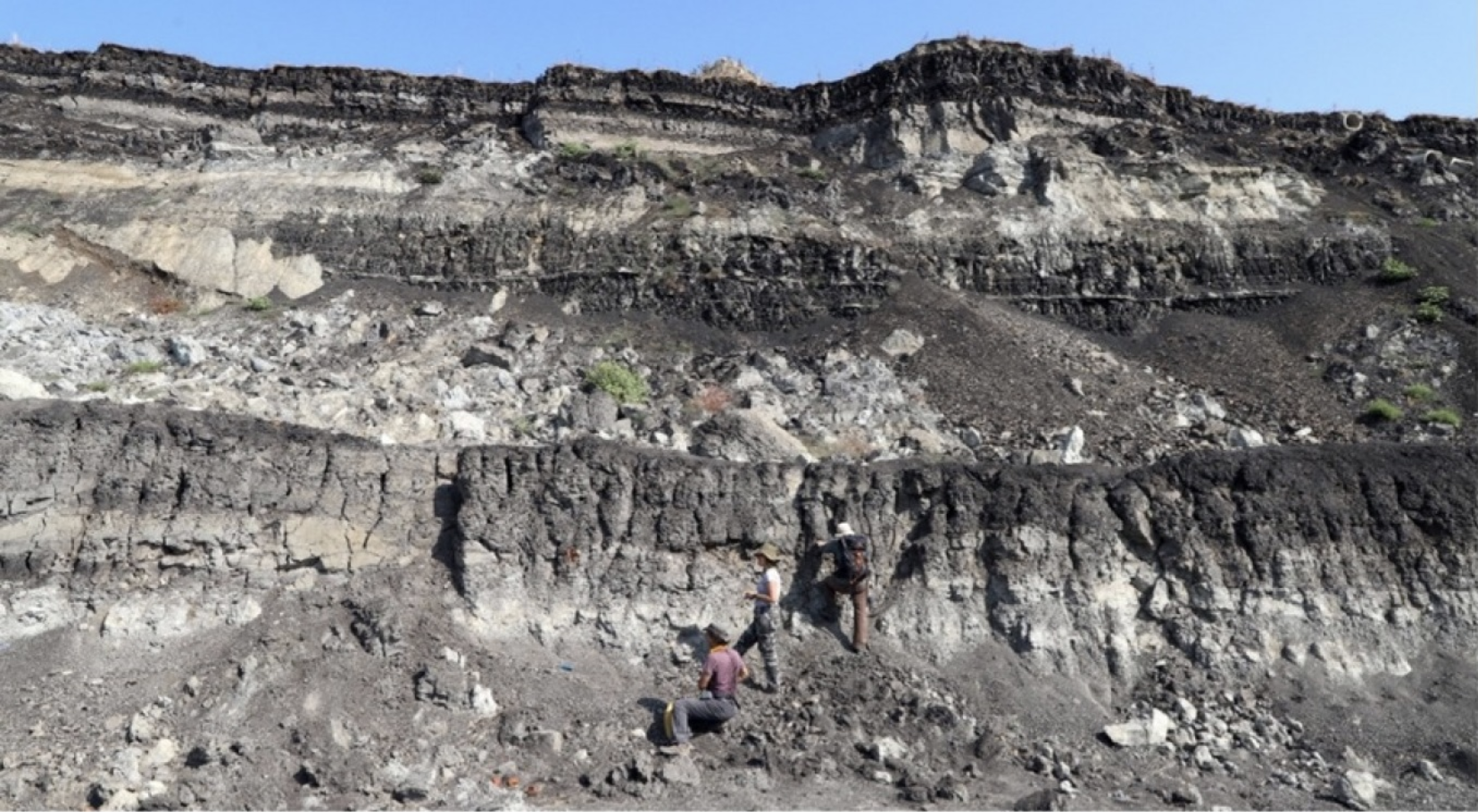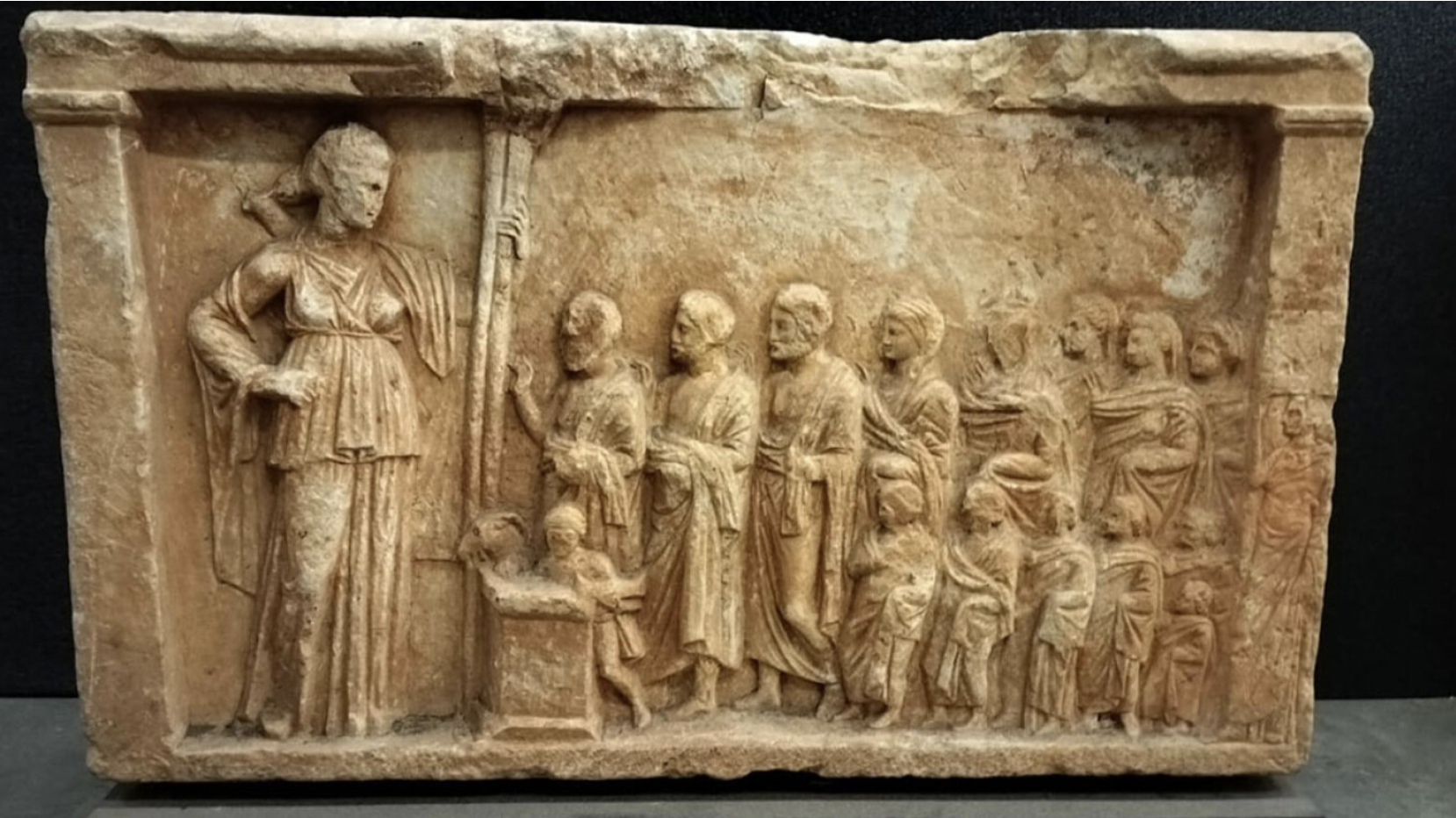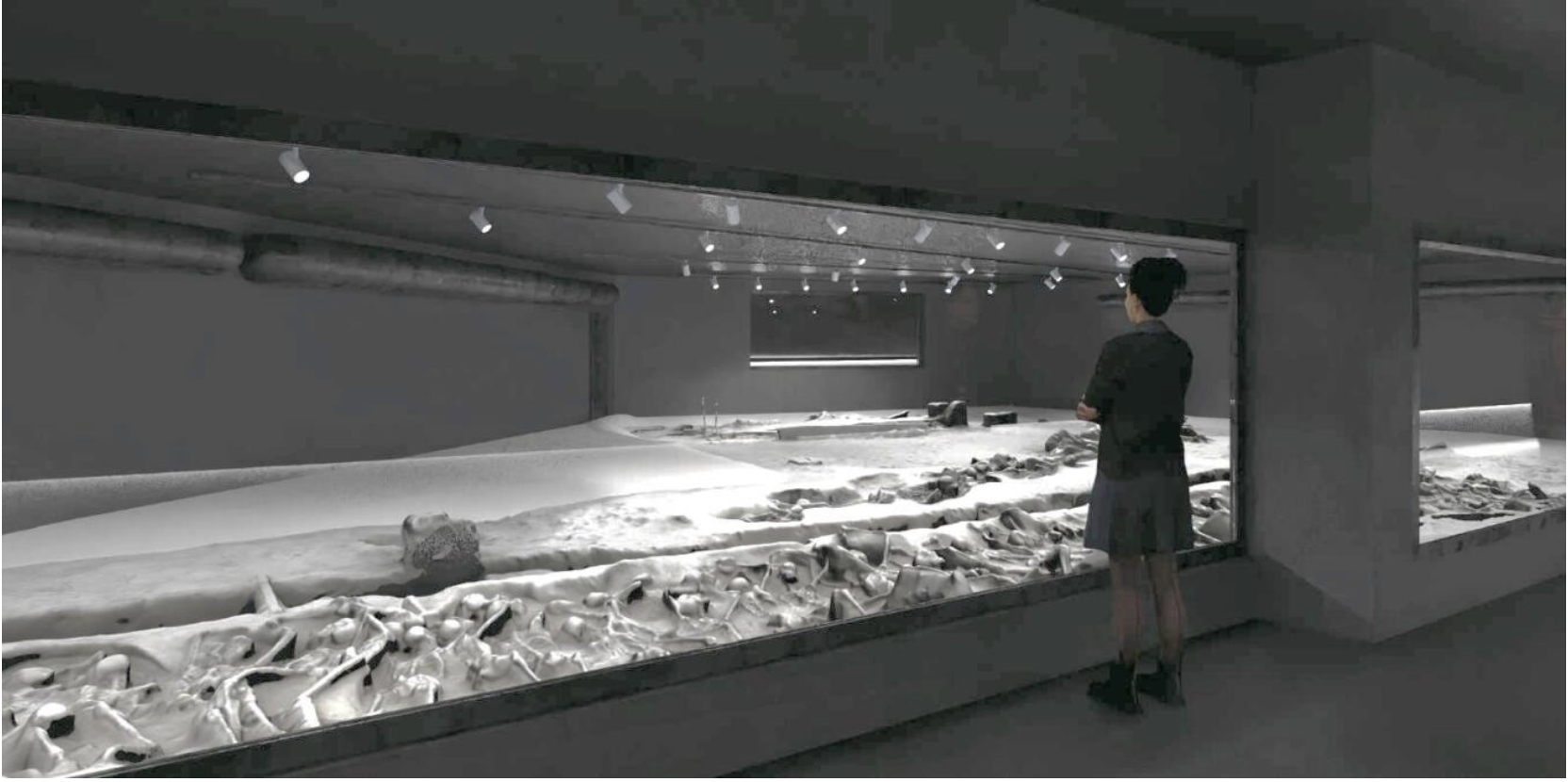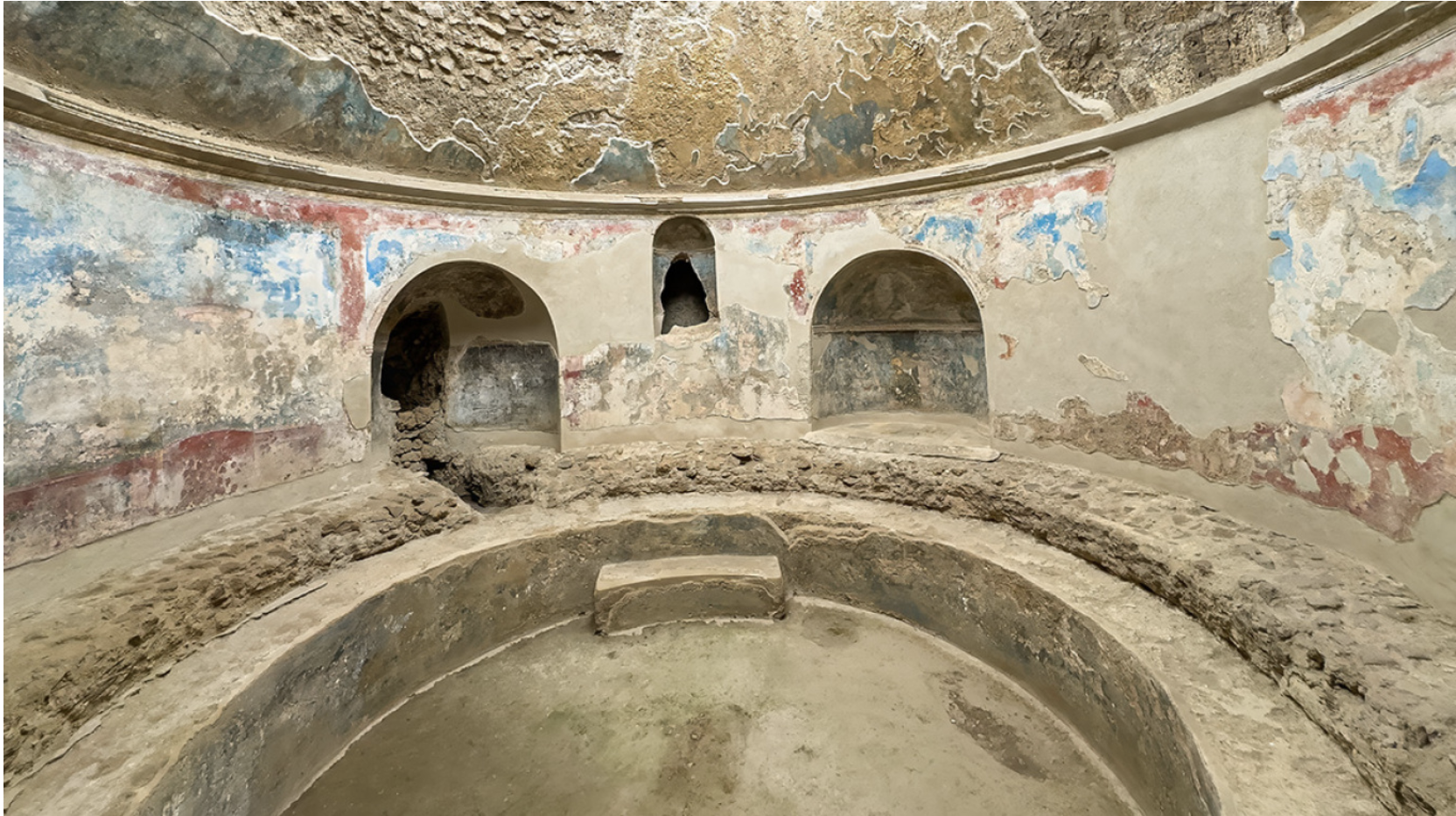For Reuters, Greek PM Alexis Tsipras is the man that cost his country billions, 30 billion euros, by one estimate. The international news agency tracks the lack of an agreement with creditors since Tsipras and his leftist SYRIZA party swept to power on Jan. 25 led to frustration, recession, fleeing bank deposits, and finally, closed banks and capital controls before a last-minute deal averted an exit from the euro area and a possible disorderly default.
Here’s a portion of the Reuters narrative:
“Once again Alexis Tsipras was struggling to make a decision. For hours on July 13, the Greek prime minister and Europe’s leaders had been trying to thrash out a new deal to bail out bankrupt Greece and keep the country in the euro zone.
Now a clean copy of the latest text had been printed, and German Chancellor Angela Merkel, French President Francois Hollande and European Council President Donald Tusk were satisfied with the terms. So too appeared Tsipras – but he left the room to check the details one more time with colleagues in his leftist party Syriza.
Nearly an hour later he had still not returned. Heads of government and state paced around, fiddling with their phones. The Lithuanian president and Slovenian prime minister said they could wait no longer and left through a backdoor, a diplomat involved in the summit said.
When Tsipras finally reappeared, his response confirmed what Europe’s leaders had suspected for some time: without the full backing of his party, the Greek leader could not commit. The drafting process had to begin anew.
The setback reinforced European doubts that Tsipras could control his party. Friends and associates say the 40-year-old’s calm demeanour belies a man struggling to balance Syriza, Greece’s economic interests and his own leftist ideology. At many points he has turned to a small team of advisers, conferring with them again and again before making major decisions.
Tsipras’s strategy going into the bailout talks was to push international partners to the edge, betting they would make concessions to prevent Greece crashing out of the euro zone. In the event, though, he was forced to blink first and then ad-lib his way through the crisis that ensued.
He found himself pressed on the one side by the Germans, who didn’t want to give another penny to prop up Greece, and on the other by his own political party, which opposed the austerity demanded in return for a bailout.
The indecision and delays have cost Greece about 30 billion euros in the last three weeks alone, according to one senior European Union (EU) official. Tsipras’ inability to cut a deal in early July, which forced Greek banks to close their doors and sent the economy plunging, has pushed up the cost of the latest bailout to 86 billion euros, from the 53 billion euros Greece was requesting only a few weeks ago.
Tsipras would not speak to Reuters for this story. But he told Greek state broadcaster ERT on July 15 that he had made mistakes and taken some bad decisions. But at least he was a straight talker, he said. “You can accuse me of many things, that I had illusions that this Europe can be defeated, that the power of what’s right can defeat the power of banks and money. But you cannot accuse me of lying to the Greek people.”
A former Syriza colleague who has known Tsipras since he was a teenager and is now with another party said: “He has grown in leaps politically, but his decisions are a result of his fears. Fear that he will be the prime minister who led Greece out of the euro, fear his party will split, and also fear he is betraying the ideology he has fought for and believed in since he was a child.”
METEORIC RISE
Born in 1974 a few days after Greece’s return to democracy following seven years of military dictatorship, Tsipras joined the youth branch of the Communist Party when he was just 14. Three years later he moved to a more liberal-minded splinter group that would later be renamed Syriza.
Until a renovation a few months ago, a portrait of Che Guevara hung outside Tsipras’ office in Syriza headquarters in Athens. “At 16, I read Marx and believed capitalism would end and we would go to the next stage of society, which is socialism. To me, this was absolute,” he said in a 2008 interview with student paper Schooligans. “I was wrong. Now I know it’s not absolute. It may happen, but it may not.”
Real economy suffers
Beyond the news room view from downtown Athens, the president of Greece’s biggest employers’, the Hellenic Federation of Enterprises, said the “bank holiday” and capital controls have generated enormous problems and losses for businesses in the country.
Speaking to Bloomberg, SEV president Theodoros Fessas said normalcy in the domestic financial market will only return with the “full recapitalization” of Greek banks.
Fessas said the damage for Greek businesses was significant because the “supply chain was rapidly interrupted.”
Ask me anything
Explore related questions





